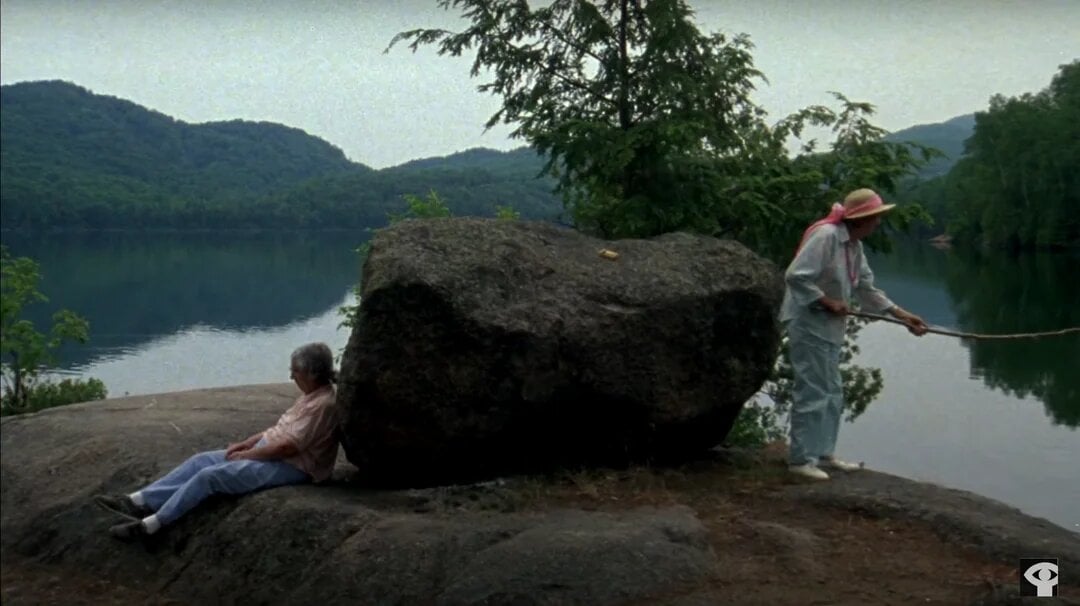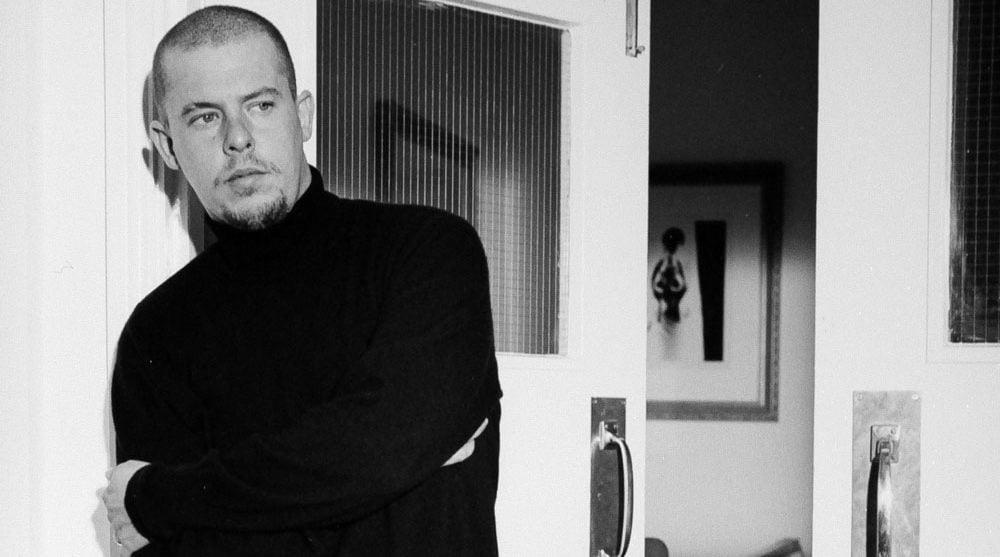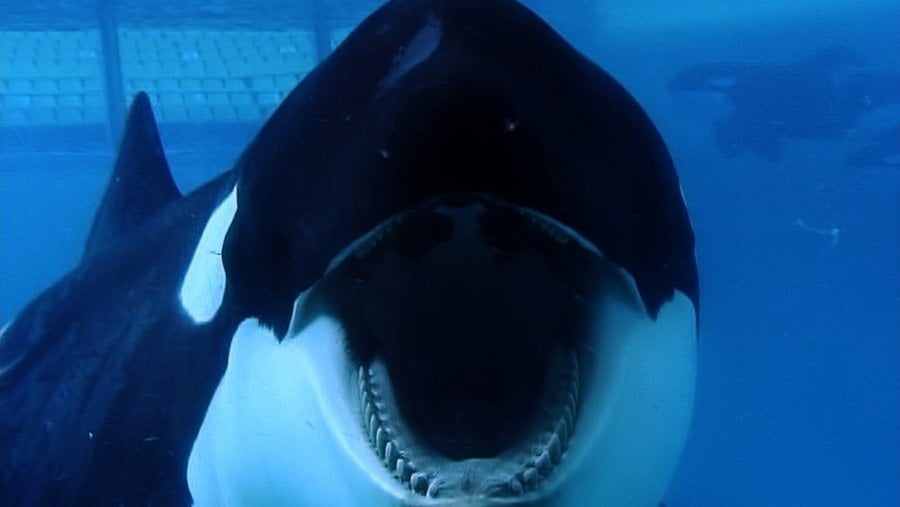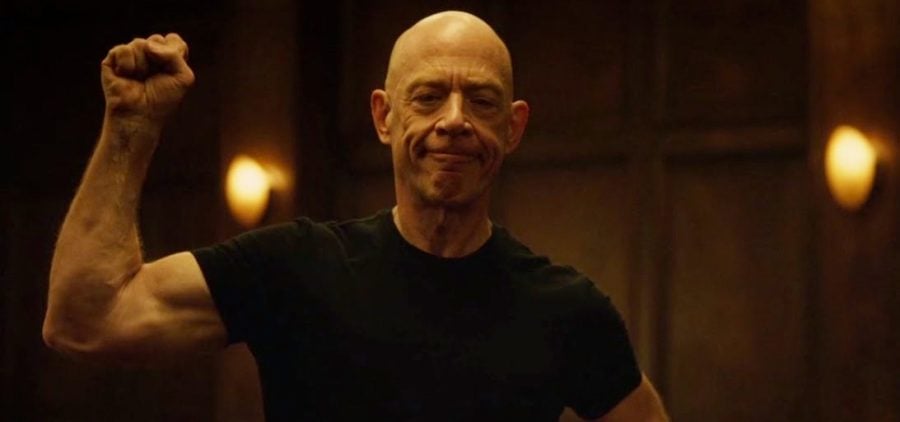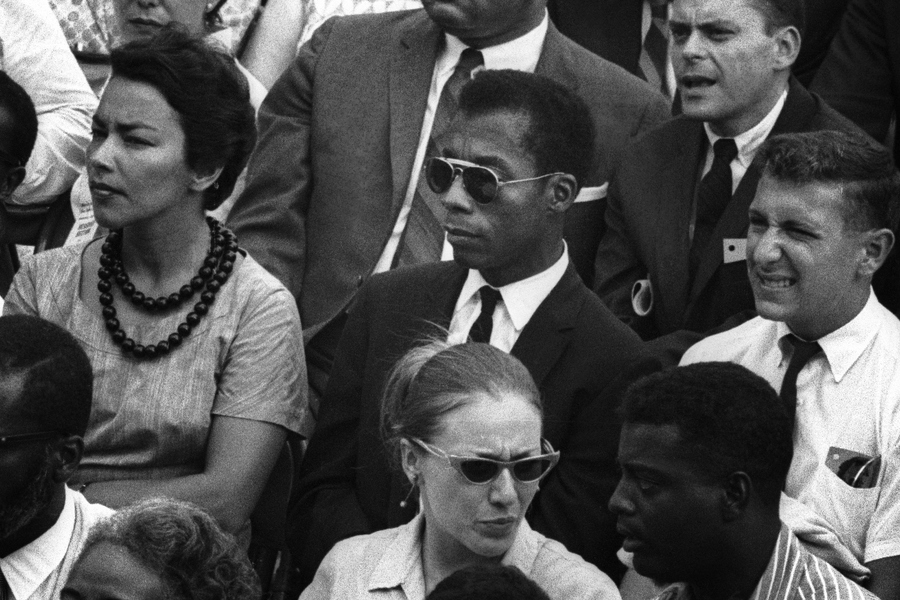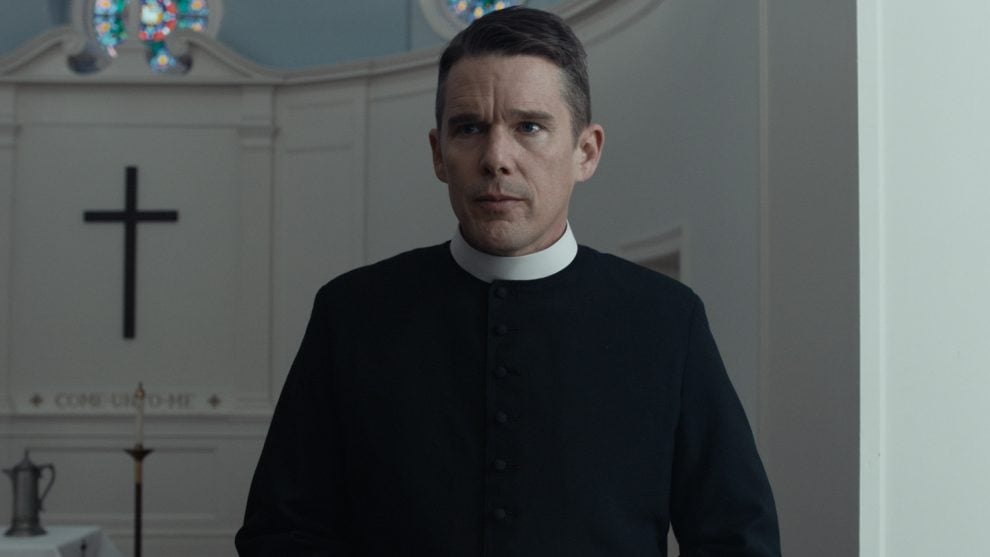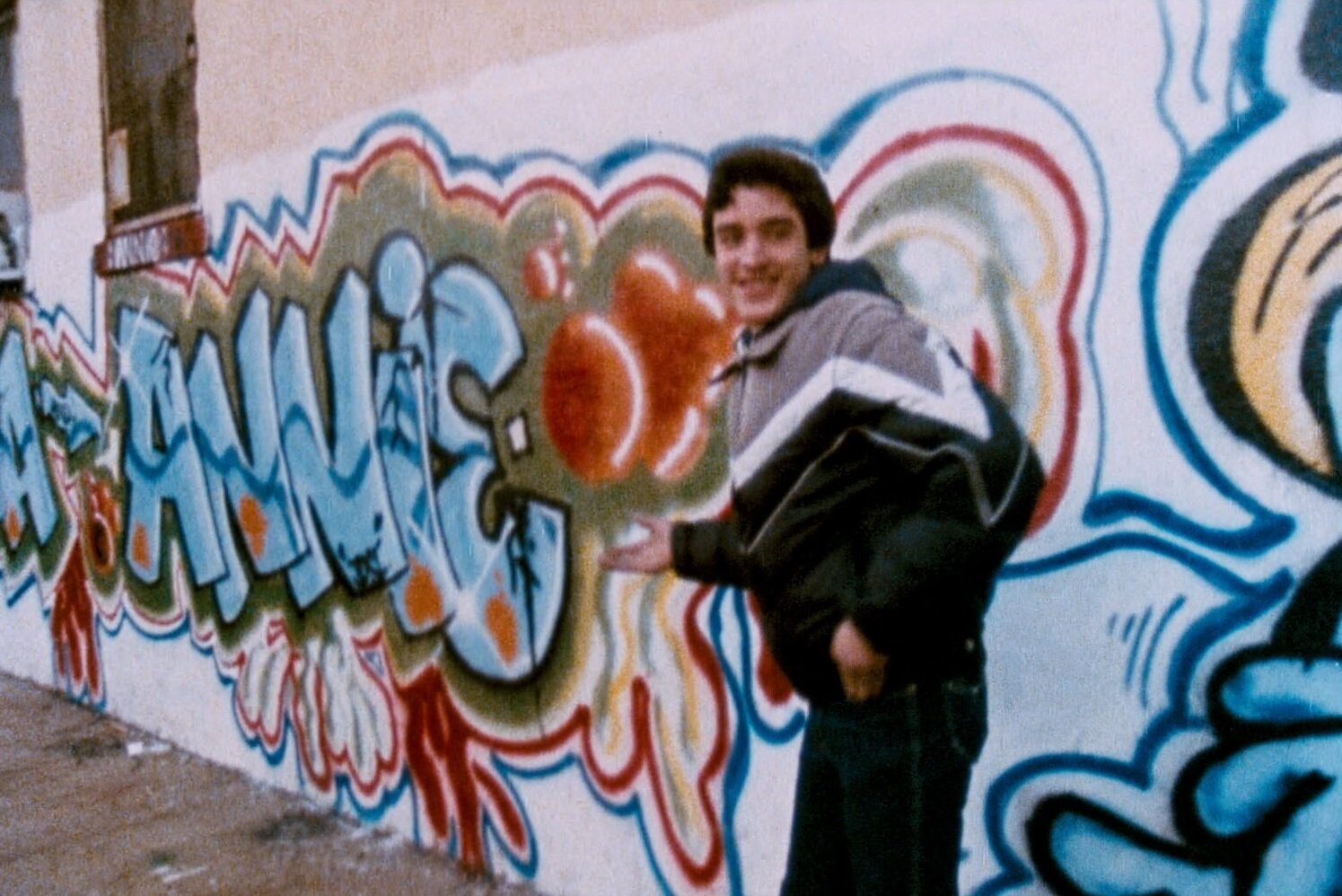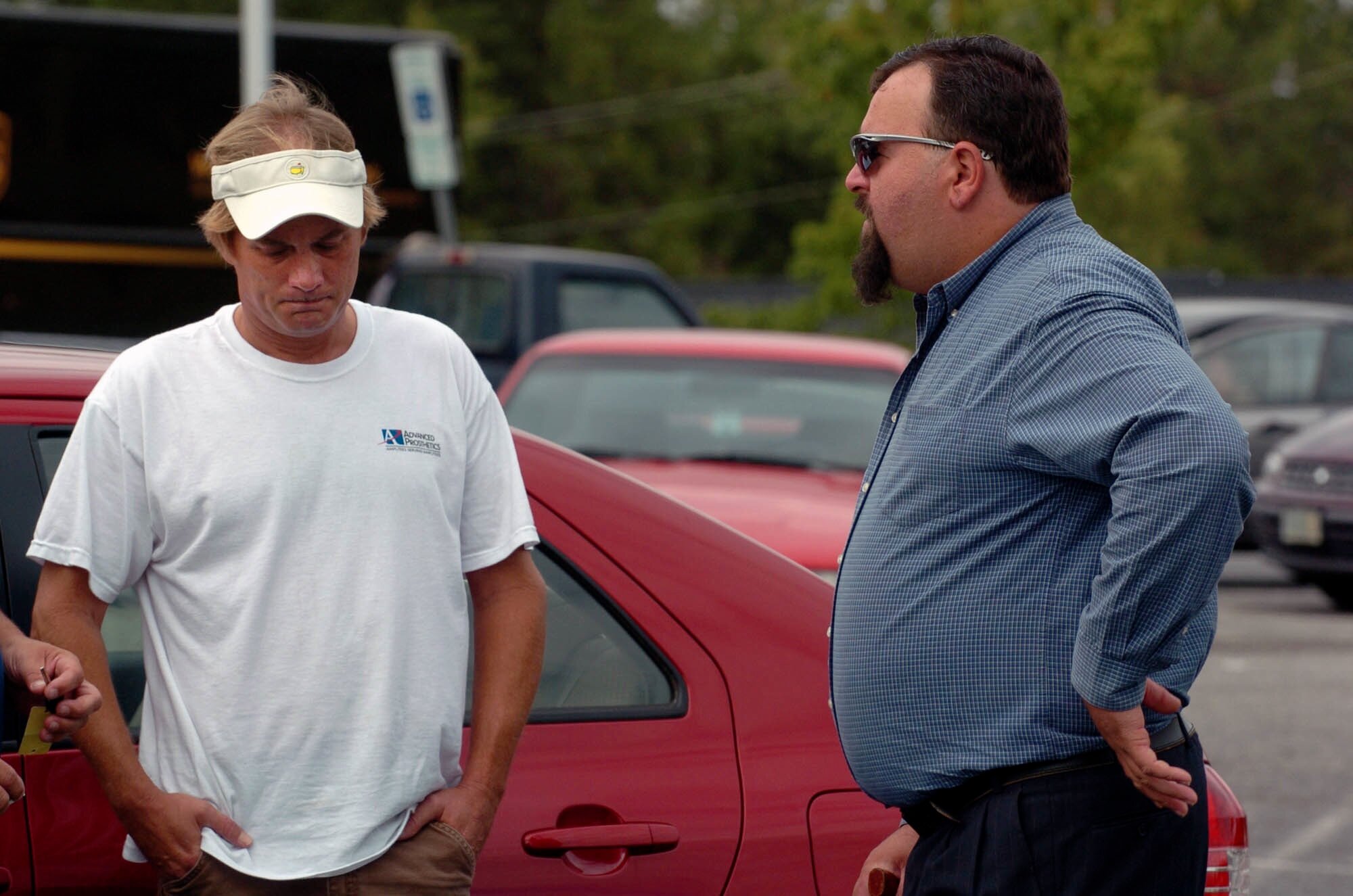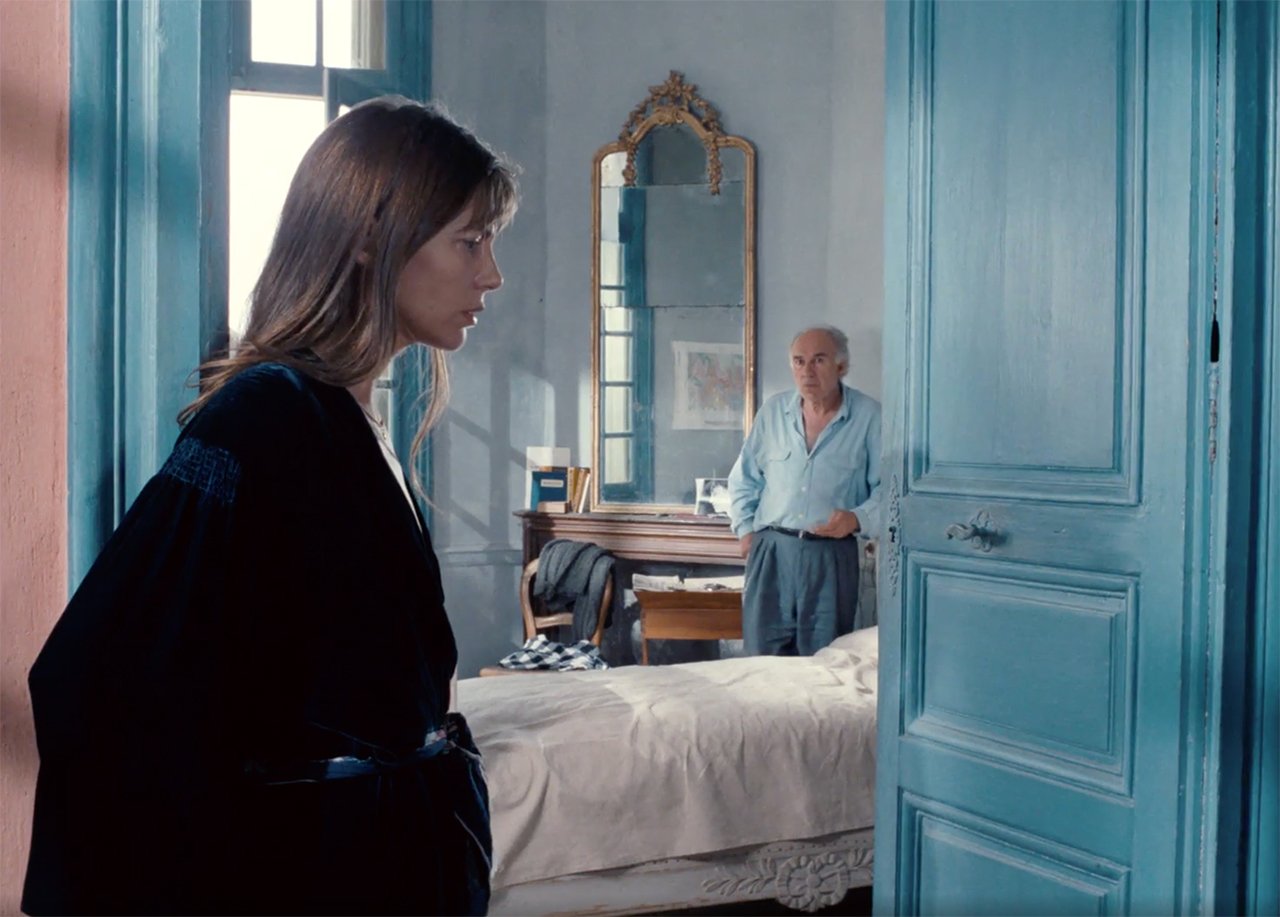It’s hard to overstate just how lovely — and quietly radical — this largely improvised Canadian docudrama is. The scenario (seven elderly women and their tour bus driver are stranded in the Canadian wilderness for a few days) is contrived, but the rich, lively conversations that feature are all drawn from the women’s real lives. As they hunker down and get on with the business of surviving with meager food — something they manage to do largely thanks to the bushcraft skills of Mohawk elder Alice — the strangers reflect on their long lives and open up to each other about their lingering fears and still-burning hopes.
They’re a diverse bunch — featuring Cockney transplants, lesbian pioneers, and nuns — and the film’s brief cuts to real photos from the women’s earlier years both underscore the rawness of what they’re saying and serve as testaments to the rich fullness of their lives. The Company of Strangers grants these women the kind of serious consideration and space that they’re denied in so many public spaces, but it never feels like a strained exercise in redressing that imbalance. Instead, this is simply a gentle, gorgeous, and profoundly moving portrait of women who aren’t done living yet.
Genre: Adventure, Drama
Actor: Alice Diabo, Beth Webber, Catherine Roche, Cissy Meddings, Constance Garneau, Michelle Sweeney, Winifred Holden
Director: Cynthia Scott

